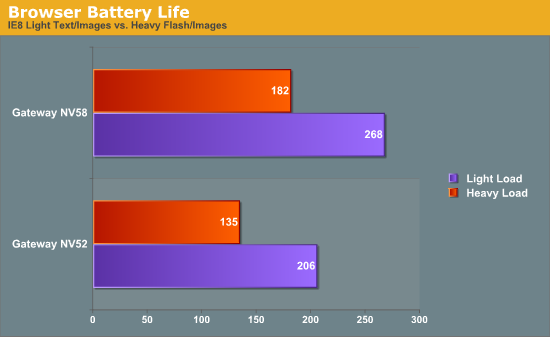Seven years ago, the browser wars seemed all but ended. AOL acquired out Netscape, Microsoft Internet Explorer dominated the current market, and the era of browser-dependent exploits began. In 2003, Microsoft’s stranglehold on the browser industry did not adjust significantly, but the Mozilla team commenced their initiatives at an open up-source substitute. It continue to took practically two several years in advance of we ultimately observed the beginning of Firefox, the very first major contender to the browser throne because the passing of Netscape… alright, so Netscape was much more on lifestyle-assist, but let us not argue semantics.
Through the previous four several years, issues have transformed to the place wherever browser current market share is a large amount much more diverse. Numerous browsers have their proponents and opponents, and we have seen plenty of benchmarks demonstrating which browser is the swiftest, which have the finest JavaScript help, and which best complies with internet programming expectations. With the start of Net Explorer 8, Opera 10, Firefox 3.5, Safari 4, and Chrome through the previous year, the market place is far far more different than what we’ve viewed in the previous. So which browser reigns supreme?
Truth be explained to, the remedy to that issue is incredibly subjective. If you have a fairly speedy technique, it truly is not likely that you will notice the variation among any of the big browsers when it arrives to loading normal webpages. Tension exams that concentrate on JavaScript overall performance might be significant if you take a look at web-sites that use heaps of JavaScript, and considerations about safety, standards aid, and availability of plug-ins/include-ons are also most likely meaningful. On regular it can be probably a clean as to which you can like “ideal”. If you’re attempting to figure out which browser is suitable for you, we counsel hunting at the Browser Wars collection of content in excess of at DailyTech.
What we are heading to glance at these days is the affect of your alternative of browser on battery everyday living, basic and uncomplicated. Besides, coming up with a benchmark is neither simple nor uncomplicated. We have used various distinct procedures for screening battery life on laptops, and dependent on the style of articles you happen to be viewing battery everyday living ranges from virtually equivalent to what you can count on at idle down to around the same total of battery everyday living you would get when viewing substantial-definition videos. Like it or not, we sense that Adobe’s Flash is employed on many internet websites, and so we picked three internet sites that we usually go to and utilized people for our screening. As a level of reference, this is the sort of battery daily life difference you’re looking at when viewing “simple” webpages vs . the a few sites we selected, from our article comparing AMD and Intel battery existence.

Certainly, that is a large variation in battery lifestyle. You get about 50% a lot more battery lifestyle in straightforward World wide web browsing compared to surfing internet sites that use of heaps of Flash written content (together with frames, various tables, etcetera.) Last we checked, your typical web site is nowhere in close proximity to what would qualify as “straightforward”, and Flash content is ubiquitous. For superior or for worse, we’re heading to aim on battery life when viewing a few internet websites. A single of the internet websites is AnandTech.com, and the other two shall continue to be nameless. Suffice it to say, all a few web pages have methods to website structure that we see replicated all over the World wide web.
For screening, we load the three websites into tabs on our exam website browser, wait 60 seconds, and then reload all three tabs. We are working with a few not long ago examined laptops that supplied first rate battery everyday living. Two of these are the Gateway NV52 and NV58 that stand for the current state of entry-level AMD and Intel laptops. The 3rd is a netbook, the ASUS Eee Computer system 1005HA. None of these laptops would qualify as large-end methods, primarily simply because we do not assume customers intrigued in battery daily life are likely to be looking at substantial-conclusion laptops. These 3 laptops offer a realistic perspective of the present cellular current market. If there is desire, we may search at extending this testing to other laptops in the long run, but initial let’s see what sort of results we get from the check candidates.



